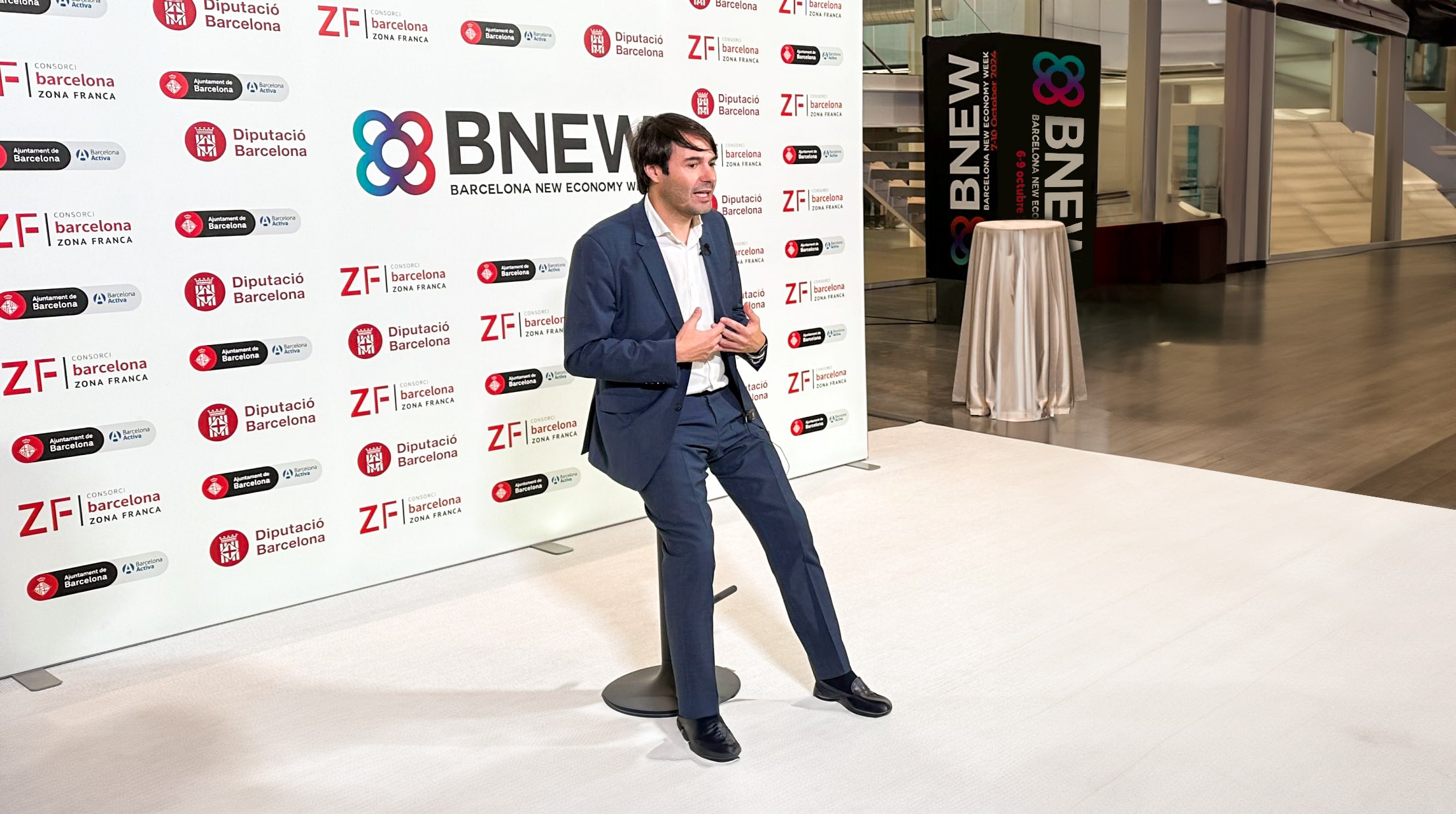Organizational Climate and Culture: Keys to a Productive Work Environment

Organizational climate and culture are crucial to business success. From building shared values to promoting diversity, in this post we explain the best practices to strengthen an organization’s culture and increase employee satisfaction.
Tabla de contenidos
ToggleDiscover how to create a productive work environment with the right organizational climate and culture.
A strong organizational climate and culture not only helps drive talent attraction and retention, but also improves productivity and innovation in any type of organization. Developing an appropriate work environment improves employee satisfaction and increases their commitment to the company.
At present, companies are having difficulty finding the right profiles. A platform such as BesTalent IA by aggity, designed for the optimization and deployment of a company’s talent management strategy, can solve some of the problems that may arise in human resources management. However, these solutions fail to deliver their full value in the absence of an appropriate corporate culture that fosters a positive work environment. To achieve this, the following aspects must be taken into account.
Clear values and mission
When we talk about organizational climate and culture, we must understand that they are two concepts that, although they go hand in hand, do not mean the same thing. The former can be positive or negative and its impact will have an impact on the employees’ mood, their level of commitment and their productivity. The climate is different depending on the department of the organization and, as with the weather, it can vary and it has been found that the better the work climate, the higher the productivity.
In contrast, organizational culture is much deeper and more enduring. In reality, it refers to the company’s DNA and includes the shared values, norms and behaviors that characterize an organization. Culture is the set of unwritten rules that will define the behavior of employees guide. Having a diverse and inclusive company culture that is strong, consistent, coherent and with clear values and mission, will allow the company’s objectives to be aligned with the employees’ attitude and will achieve greater employee commitment to the company’s philosophy.

Inspirational leadership
It is often said that, in childhood education, what really matters is the example they see from their elders, rather than what they are told. In a company, something similar happens: organizational values are not taught, but demonstrated. Therefore, in order to improve the organizational climate and culture, it is essential to have leadership in the company that goes beyond mere team management. That leader is responsible for motivating and guiding others in the organization through an emotional connection, a compelling vision and a daily example consistent with what he or she conveys.
Inspirational leadership in the company is built on a foundation in which open internal open internal communication plays a fundamental role. By fostering a constant dialogue in which no one feels self-conscious and feels that they have the support of the company when they express their ideas or concerns, the HR and talent management department will have a much easier time in its daily work and will succeed in building talent loyalty.
Professional development
People no longer value only the economic aspect when it comes to supporting themselves or opting for a job. One of the aspects they value most is the promotion of professional development. Employees see how the company boosts their skills and knowledge and invests in improving their knowledge. By doing so, the company is sending the message that it values individual and collective progression and is thus strengthening the work environment and, with it, employee engagement.
Diversity and inclusion
As well as the implementation of work-life balance policies, diversity and inclusion are two concepts that are increasingly valued by people when assessing a company’s corporate culture. Incorporating this section into the company’s organizational values means that every employee, regardless of their origin, identity or perspective, feels valued, respected and empowered.
Últimos posts

aggity strengthens its commitment to sustainability as a SILVER partner of “Fundación Empresa & Clima”.

aggity participates in the IBM Ecosystem Summit 2024 with an applied case of Generative AI in the food industry

Aggity, together with the multinational Fortinet, present an exclusive event in Lima on the application of Generative AI in Corporate Cybersecurity.

aggity participates in Smart Ports: Piers of the Future

aggity Supports the Contigo Foundation at its Annual Dinner

Challenges and Opportunities of Generative AI in Industry: Our Experience at BNEW

Official Liferay Partner in Spain





